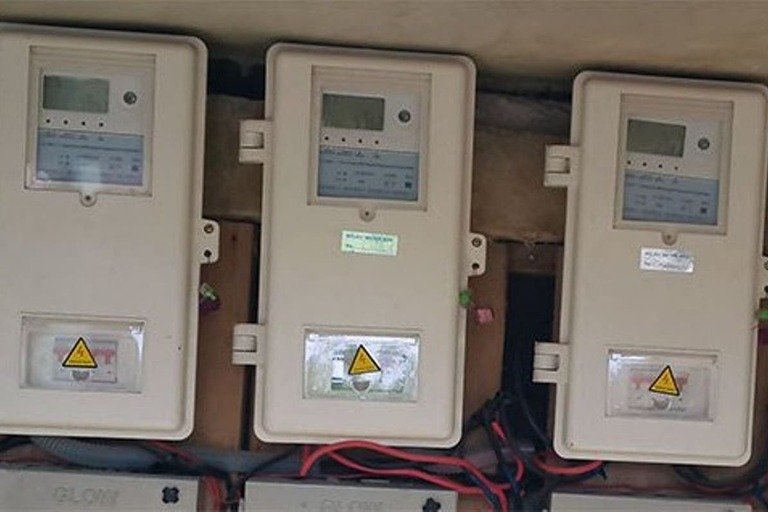More than two-thirds of electricity consumers in Nigeria are illegally bypassing their prepaid meters and consuming power without paying, the Nigerian Independent System Operator (NISO) has revealed.
The disclosure came on Thursday at the fifth annual conference of the Power Correspondents Association of Nigeria (PCAN) in Abuja, where industry experts urged the government to strike a balance between cost-reflective tariffs and consumer protection.
The revelation adds to Nigeria’s worsening power sector liquidity crisis, with utilities already struggling to collect revenue now facing widespread energy theft.
Speaking at the event, Managing Director of Mainstream Energy Limited and NISO board member, Audu Lamu, said Nigeria’s tough economic conditions have left many consumers unable to pay for electricity. Represented by NISO’s Managing Director and Chief Executive Officer, Abdu Bello Mohammed, he noted that rising inflation, unemployment, and weak purchasing power have further eroded households’ ability to meet basic utility costs.
“Millions of Nigerians still lack reliable electricity,” Lamu said. “For many, being connected to the grid doesn’t guarantee supply, and for others, the cost of power remains out of reach. Energy poverty is not just about access but affordability.”
He stressed that while cost-reflective tariffs are necessary for the sector’s survival, they must be implemented in ways that do not worsen poverty. He advocated for targeted subsidies and lifeline tariffs to protect low-income consumers rather than blanket subsidies that encourage inefficiency.
According to him, “The tariff question is about finding equilibrium between commercial sustainability and social fairness — ensuring operators remain viable without pushing more Nigerians into energy poverty.”
NISO’s General Manager, Ali Bukar, lamented that meter bypassing by over 68 per cent of consumers is crippling the sector’s finances, calling for stricter enforcement and the use of technology to tackle theft and losses across distribution companies (DisCos).
PCAN Chairman, Obas Esiedesa, also highlighted the industry’s financial strain, revealing that the federal government still owes power generation companies an estimated ₦6 trillion. He said the sector remains burdened by liquidity shortfalls, gas supply issues, weak transmission lines, and rising foreign exchange costs that continue to discourage investment.
Energy analysts at the event warned that unless Nigeria adopts a comprehensive reform combining enforcement, efficient pricing, and consumer protection, the country’s electricity market risks remaining trapped in perpetual crisis.










